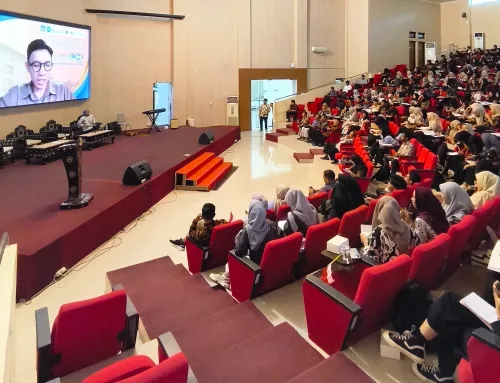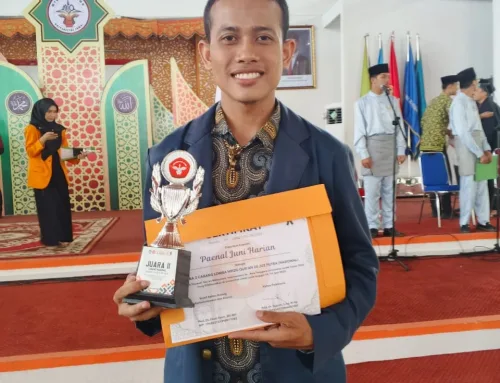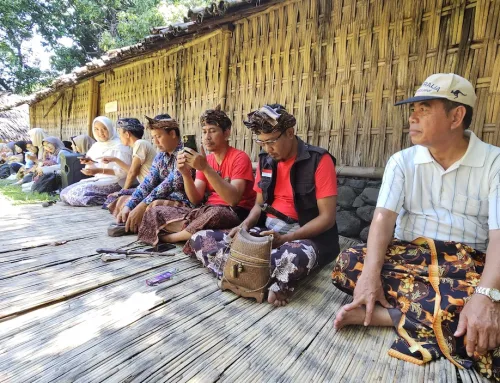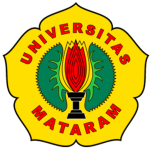
Mataram, 28 May 2025 — The quality improvement workshop for study programs, held online today, officially concluded with an emphasis on the importance of a robust quality assurance system as the foundation for producing high-quality graduates with global competitiveness.
One of the keynote speakers at the event was Amika Wardana, S.Sos., M.A., Ph.D., currently serving as the Head of the Department of Social and Political Sciences at Universitas Negeri Yogyakarta (UNY). In his presentation, he offered strategic insights on the urgency of integrating internal (SPMI) and external (SPME) quality assurance systems, grounded in the National Standards for Higher Education (SN-Dikti), particularly in the implementation of the nine accreditation criteria.
The workshop also highlighted strategies for encouraging on-time graduation. One concrete effort discussed was the preparation of student master data using Excel, as well as the implementation of tracer studies through direct collaboration between lecturers and study program administrators in contacting students and their parents.
Furthermore, it was conveyed that every lecturer is expected to have a clear academic vision and scholarly map, which will influence the formulation of a research roadmap and the development of the study program’s academic vision. Alignment of expertise within the discipline is crucial for lecturers to channel their passion effectively while contributing to the academic strengthening of the program.
Prerequisite courses designed to support timely graduation are arranged to be available from the beginning of the semester. Students are also encouraged to produce scientific work, publish in SINTA 4-indexed journals, and register Intellectual Property Rights (HKI) as part of fulfilling the indicators of an excellent study program.
The workshop documents underscore the importance of accreditation as a tool for continuous quality reflection. A culture of consistent evaluation and follow-up is key to building an academic system that is adaptive to change.
Overall, this workshop served as an important milestone for study programs in formulating targeted academic policies to produce graduates who are timely, competent, and competitive on the global stage.







